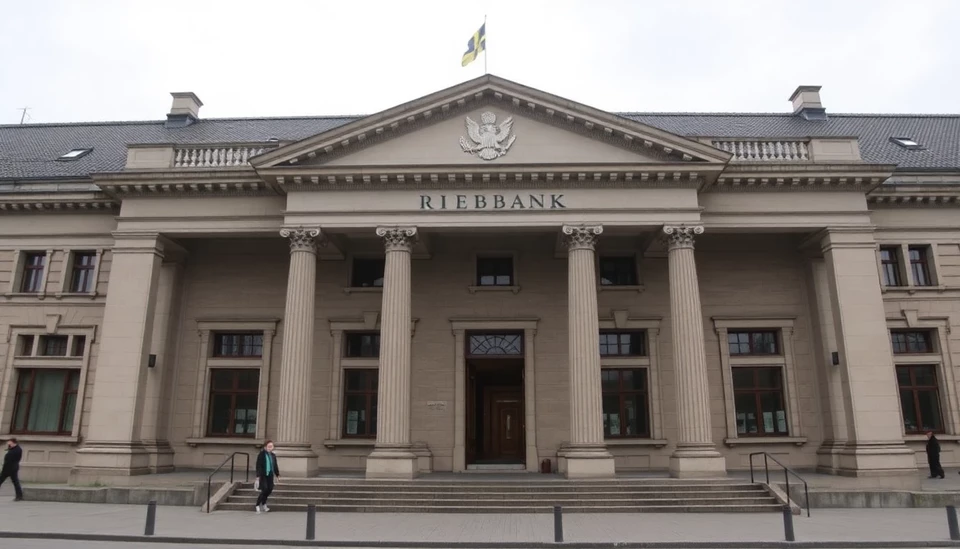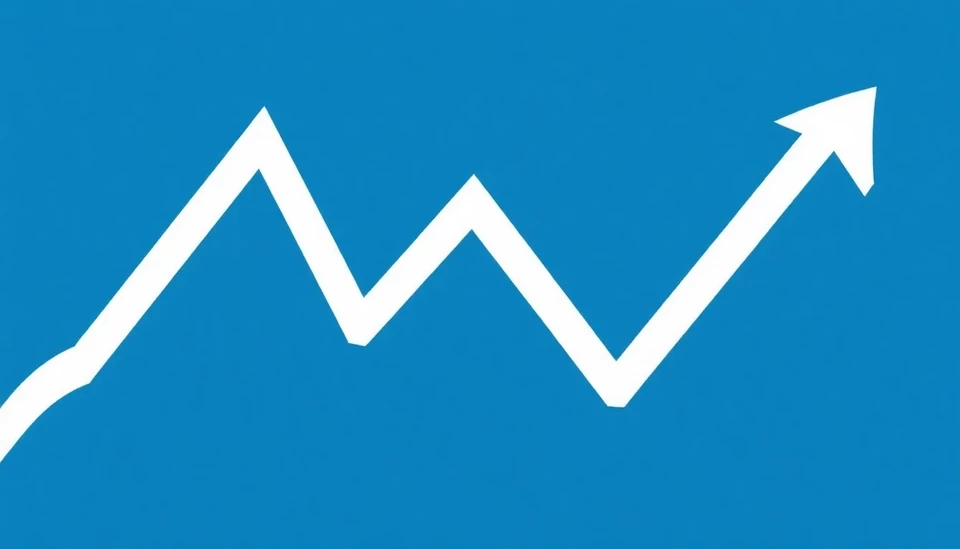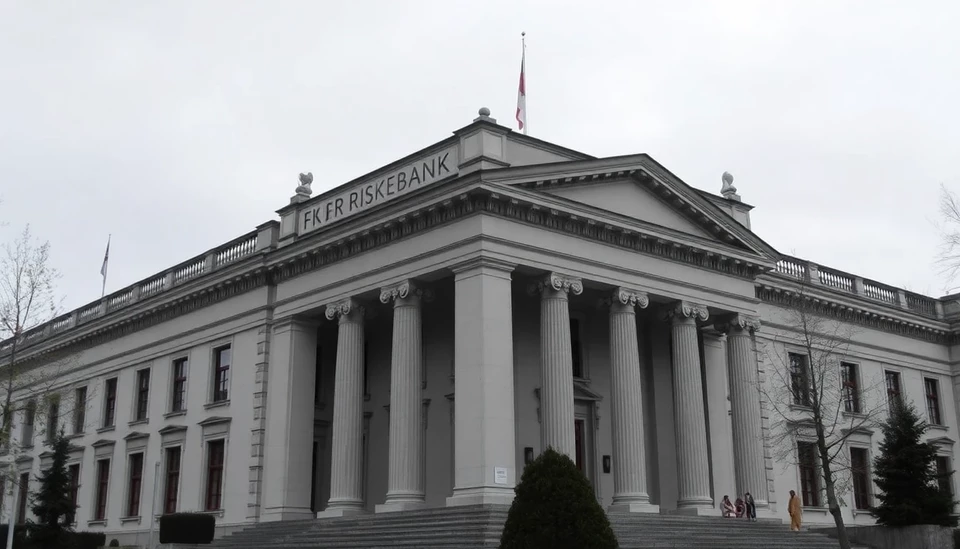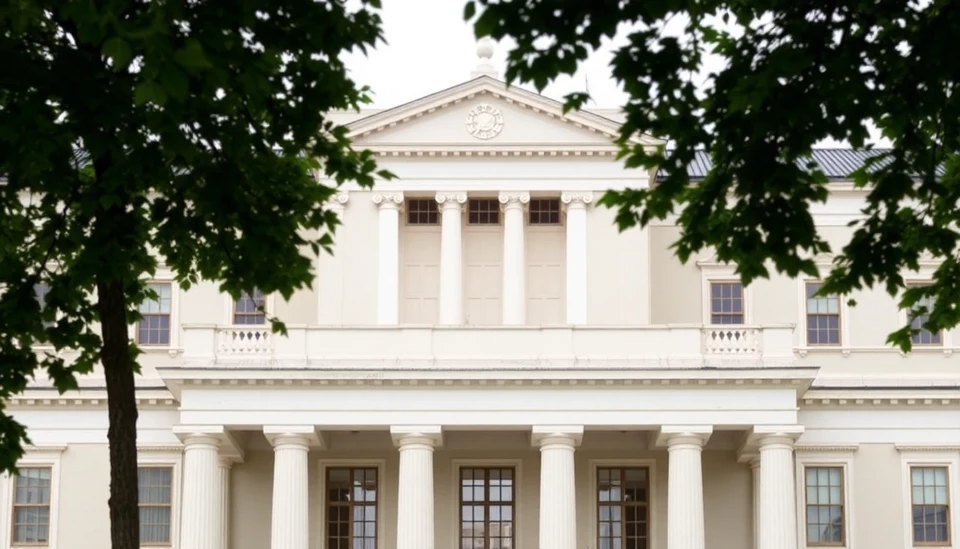
The Riksbank, Sweden's central bank, is experiencing a notable shift in its monetary policy horizon, pivoting towards the possibility of an interest rate hike. Market analysts and economists are closely tracking these developments as the central bank aims to combat persistent inflation while balancing economic growth.
Recent reports suggest that the Riksbank has begun to signal a readiness to raise interest rates sooner than previously anticipated. Following the recent economic indicators, there is an increasing consensus that the current inflation rates, which have stayed above the bank's target for an extended period, could prompt decisive action in the coming months. The bank has already hinted at a more hawkish stance, emphasizing the need to ensure inflation expectations remain anchored.
The Riksbank’s inflation target is set at 2%, yet current figures indicate that inflation has consistently outstripped this benchmark. Despite a generally positive economic outlook, the central bank is cautious about the long-term implications of rising prices, particularly concerning consumer spending and investment decisions.
As part of this recalibrated strategy, the Riksbank's executive board is set to hold discussions on the implications of inflation data and the broader economic conditions that could necessitate adjusting the policy rate. Many analysts speculate that an increase in rates could be on the table as early as late spring, contingent upon the forthcoming economic reports which are expected to provide further clarity on the inflation trajectory.
Moreover, external factors, including global economic shifts and geopolitical tensions, are also weighing heavily on the Riksbank's decision-making process. These elements introduce an additional layer of complexity, as they could either exacerbate inflationary pressures or lead to a slowdown in economic activity, necessitating a more nuanced approach to policy adjustment.
The Riksbank has historically been cautious with interest rate changes, often preferring to analyze comprehensive economic data before making any transitions. However, as the inflation landscape evolves, stakeholders will be watching closely to see if this cautious approach shifts as the central bank looks to maintain economic stability while safeguarding its inflation goals.
In conclusion, the current climate suggests that we may be on the verge of a significant policy shift for the Riksbank. A potential interest rate hike could come into play, especially if inflation continues its upward trajectory. Investors and market participants will undoubtedly be monitoring the upcoming meetings and economic reports to gauge the central bank's next move.
#Riksbank #InterestRates #Inflation #MonetaryPolicy #Sweden #Economy #FinancialMarket
Author: Daniel Foster




